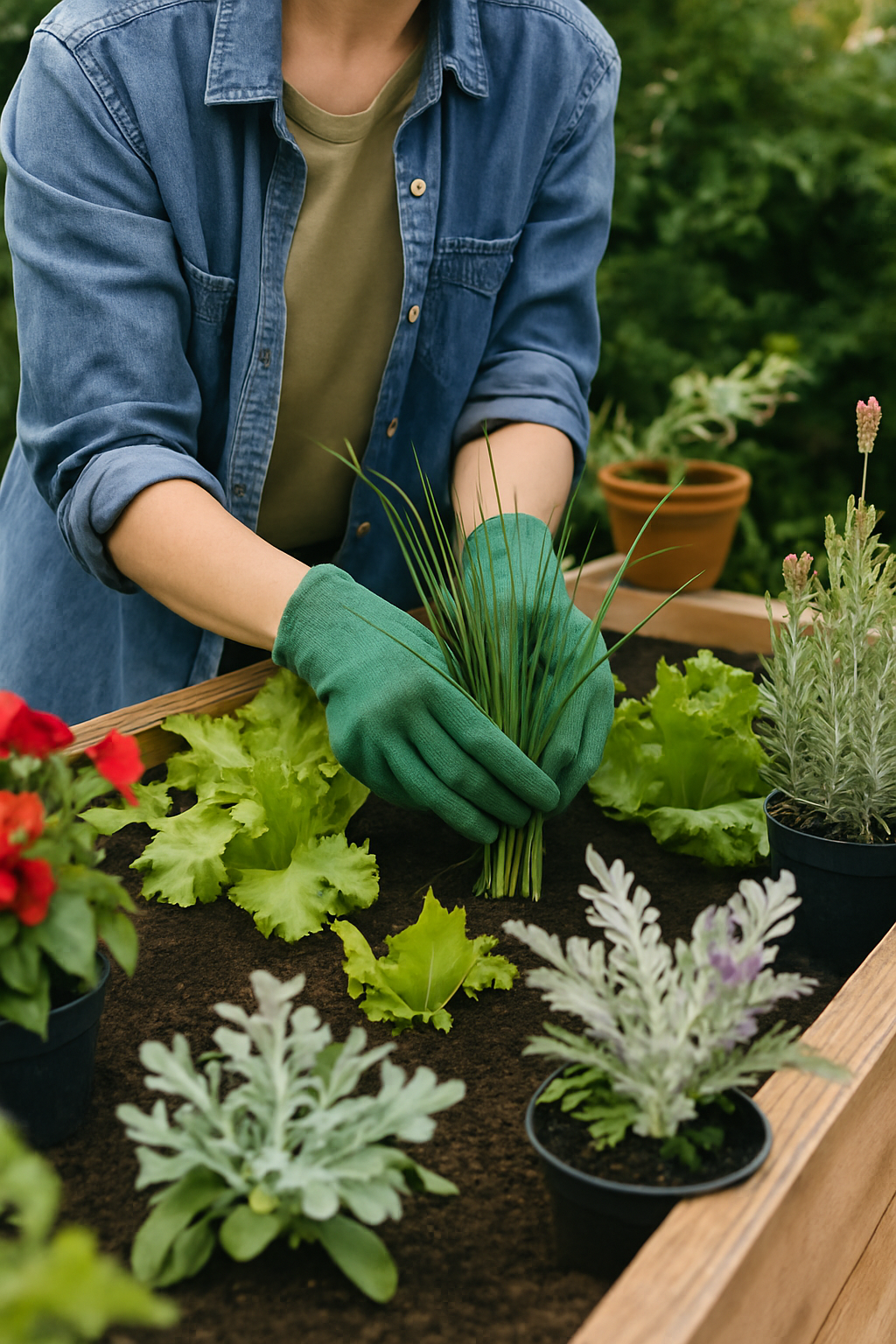Sustainable gardening is not a new concept but as the world grapples with the challenges of climate change and environmental degradation, the concept of sustainable gardening has become a key subject in horticulture circles. This type of gardening is about working in harmony with nature to create a beautiful outdoor space that can thrive organically thus minimizing its environmental impact.
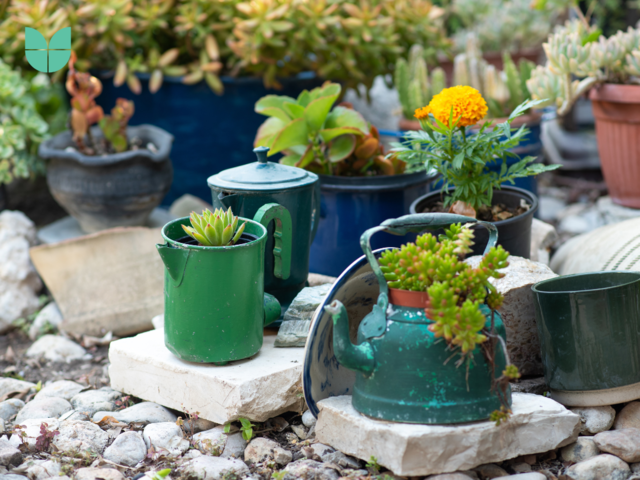
The foundation of long-term gardening
As long as a gardener, or indeed any person, comes to grips with the fact that all of nature is connected and everything that grows on earth plays a part in keeping the planet alive, then sustainable gardening should come naturally to them. The principles of conservation, waste reduction, and biodiversity are at the heart of longevity in the garden. It's about conserving valuable natural resources like water, effectively recycling garden waste, growing a diverse range of plant species and creating a welcoming ecosystem for local wildlife. Each element contributes to an interconnected web of life and once everyone takes care of their own patch, nature will do the rest.
Making a plan for a sustainable garden
All designs begin with a plan. First establish the orientation of your garden. Sunlight exposure will dictate where certain plants will thrive and where others will struggle. The local climate is also a major factor in plant selection, the placing of plants and indeed garden features. Techniques such as terracing, rain gardens, or swales are a clever solution to directing water flow and to make the best use of rainwater. Plan the layout of your garden to reduce runoff and maximize rainwater absorption.
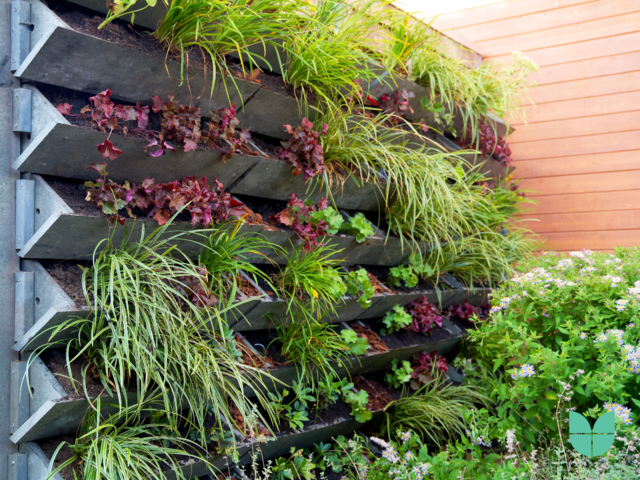
Plant selection as an art form in sustainable gardening
While a diverse plant collection not only promotes a healthier ecosystem, it also creates a more vibrant and visually appealing garden space, but it is important to choose carefully. Badly combined plants can be counterproductive to a sustainable garden. Native plants are an excellent choice because they have adapted to local conditions over millennia, making them hardy and low-maintenance. Drought-resistant plants can boost your garden's resilience even further, especially in water-stressed areas. Most importantly, strive for biodiversity in your garden.
Water conservation techniques to consider
Rain falls from the sky and nourishes plants in the ground, but it doesn’t happen by magic. Water must be managed and rainwater harvesting can significantly reduce water consumption. There are many water systems available from the basic rain barrel to more sophisticated irrigation systems. Drip irrigation can efficiently deliver water directly to the roots of the plants and mulching garden beds will limit water evaporation while discouraging weed growth. As everything is connected, even healthy soil will reduce water consumption. Once the soil is rich in organic matter, its water-retaining capacity will increase thus reducing overall watering requirements.
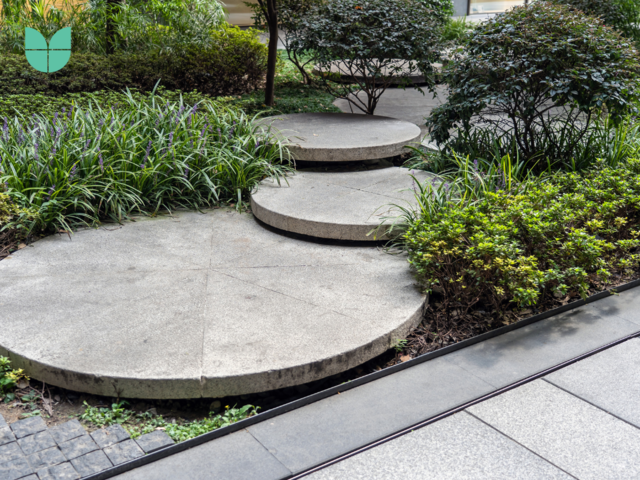
Organic practices: The foundation for sustainability
A garden is essentially an organic space and when treated the way nature intended, your garden will display its gratitude with a bountiful yield. Homemade compost and organic fertilizers help promote healthy plant growth while also recycling organic waste. Organic matter not only feeds your plants, but it also helps to improve soil structure and water retention. Many insects and wildlife are vital to a thriving outdoor environment but there are always pests willing to damage your crop or plants. Use only natural methods including food and plants to attract insects and birds who can act as your pest controllers. There are also opportunities to make your own insecticidal soap, or try planting companion plants to keep pests at bay. Organic gardening methods are essential for long-term success.
Creating a wildlife-friendly haven
Bees are a vital contributor to all life on earth and creating a banquet of pollen in your garden is a powerful way to contribute to their wellbeing. Your garden can support a diverse range of life, from pollinators like bees and butterflies to birds and even small mammals. A wide range of plants, combined with water features and safe shelter can attract an abundance of garden creatures. A birdhouse or a log pile for insects or even a small pond can attract a variety of wildlife.
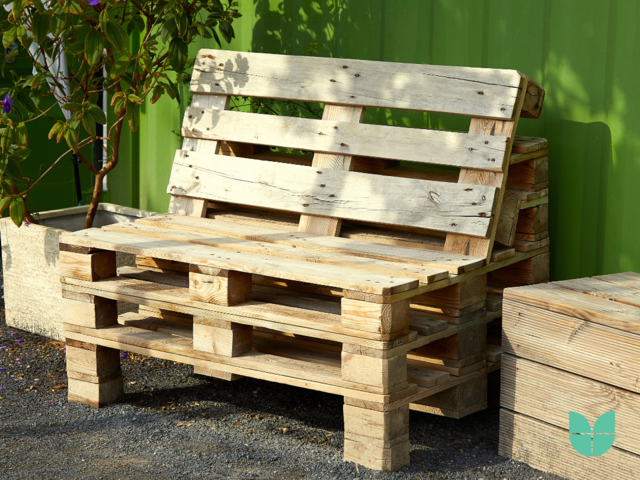
Sustainable garden care
The longevity of any garden will depend on maintenance and care and working with nature is essential in a sustainable garden. Create compost from your garden waste which will provide nutrients to your plants while reducing landfill waste. When battling pests use only organic pest and disease management methods and try to invest in long-lasting, repairable tools. Energy consumption can also be reduced by using hand tools whenever possible and choosing renewable energy sources such as solar-powered garden lights.
Using recycling and upcycling in the garden
There are numerous ways to be creative in your garden which can not only introduce a unique and personal style to your space but recycling or up-cycling reduces waste and saves money. Wooden pallets are a versatile material and can be used to build benches, tables or vertical planters. Have a look at the “junk” in your shed. Glass jars can be transformed into lanterns, broken plant pots can be wall mounted and an old ladder can be repurposed as a plant stand or trellis.
Sustainable gardening is a rewarding endeavor that combines the creativity of designing a space with the joy of gardening and most importantly, you can enjoy the satisfaction of positively impacting the environment. You can create a thriving ecosystem in your backyard by carefully designing and curating your garden space. Every plant and creature that finds a home in your garden is testament to the enduring power of environmentally friendly practices.
Our academy provides comprehensive courses on all aspects of garden design and management. Step into the future of gardening today by creating your own eco-friendly outdoor space and making a personal commitment to a greener, healthier planet.

